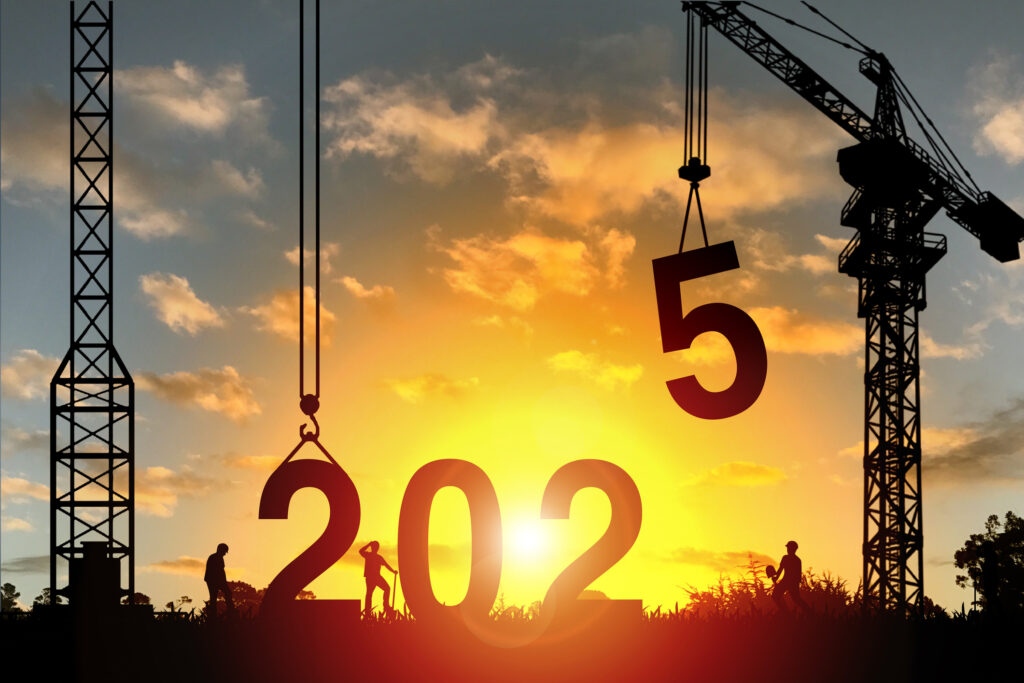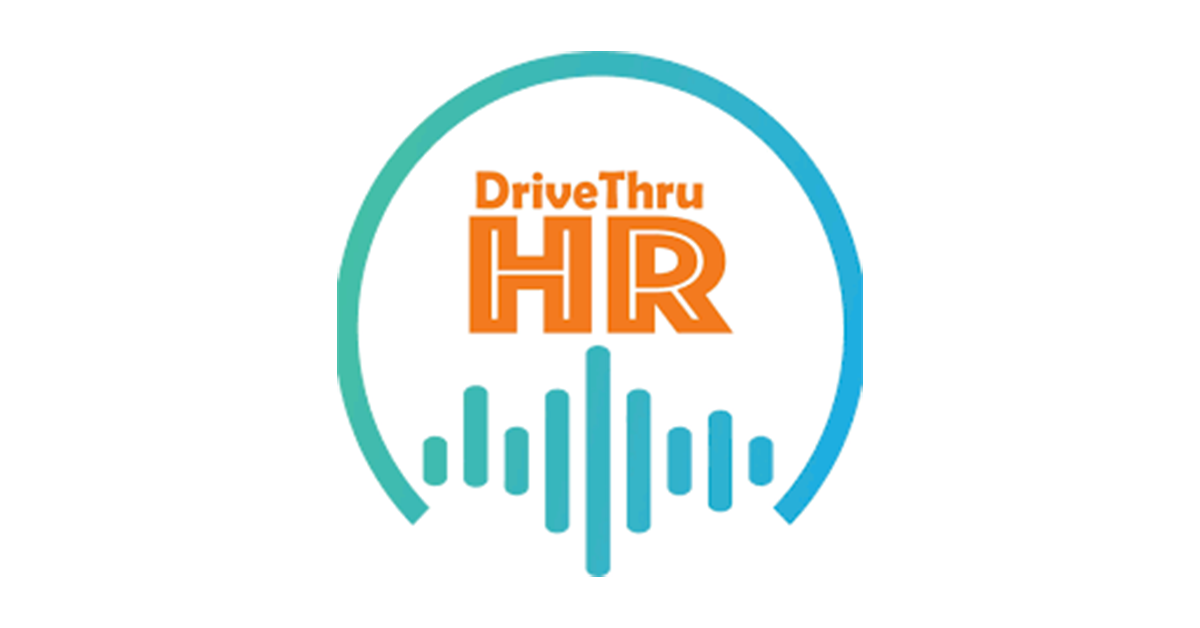Unpredictable. That’s the word I keep coming back to as we look ahead to 2025. With significant changes likely coming in the US government landscape, we don’t yet know how they’ll impact organizations—especially our employees. But here’s what I do know: we need to be ready, and employee relations (ER) will be more important than ever.
As 2024 winds down, I’m setting aside my crystal ball to share where I see employee relations headed in the next 12 months. Spoiler alert: change is coming, and we’ll need to stay nimble.
Here’s what I think our industry will experience in 2025.
Why Employee Relations Will Become Even More Data-Driven in 2025
For too long, employee relations has been seen as the reactive “clean-up crew”—but we know there’s both a science and an art to what we do. The ER function of the future will be proactive.
Yes, we’ll continue documenting and managing cases, but we’ll also analyze trends, identify predictive indicators, and address risks before they escalate. We’ll connect the dots across our data and uncover hot spots, becoming as much data scientists as truth seekers.
On that note: keep an eye out for HR Acuity’s upcoming report on the 10 KPIs every ER team should track, dropping in early January. These metrics will help you focus your strategy for the year ahead.
How Mental Health Will Continue Driving Employee Relations Cases in 2025
In this year’s Employee Relations Benchmark Study, 70% of organizations cited mental health as a leading driver of increased case volume—and this trend shows no signs of slowing down.
We’re living in uncertain times, and it’s natural for employees to feel overwhelmed. They’re going to turn to us for support, and we’ll need to rise to the occasion.
If you have 1,000 or more employees, I encourage you to sign up to participate in our 2025 Employee Relations Benchmark Survey. Your input will help ER leaders everywhere understand how we’re tackling challenges—and what’s working best.
Why Aftercare in Employee Relations Is Evolving Into ThroughCare™ This Year
The Edelman Trust Barometer recently found that business is the most trusted institution—far ahead of government and media. As ER leaders, we have a responsibility to act on that trust.
We can’t just close a case and move on. Employees need to feel supported throughout the process and beyond. That’s why I’m so passionate about ThroughCare™—HR Acuity’s approach to supporting employees across their full experience with ER. Done well, ThroughCare provides intentional, consistent follow-up after something goes wrong, helping employees re-engage and rebuild trust.
And let’s not forget our people leaders. Managers are the first line of defense for workplace culture. We need to equip them with tools to identify concerns early, address mental health issues, and reduce turnover—all while creating a psychologically safe environment.
How Workplace Balance Will Boost Employee Trust and Business Results in 2025
If you’ve been following my recent thoughts on Workplace Balance, you know I believe it’s the foundation for a healthy organization. A different lens than employee experience which often focuses on engagement and perks, Workplace Balance is about ensuring consistency, fairness, and trust—particularly in those critical moments when things go wrong. Think of moments like layoffs, workplace misconduct, or extended leaves—situations that can quickly erode trust if not handled well. It’s about handling the hard stuff well, because that’s when trust is either built or broken.
Workplace Balance works like a seesaw: for the system to function smoothly, both sides—organizations and employees—must move in sync, each contributing to maintain equilibrium. When one side outweighs the other, the balance tips, causing trust to erode—leading to disengagement, increased attrition, and strained business results. Organizations must actively manage this balance, particularly during challenging moments, to ensure employees feel supported and trust remains intact.
In 2025, organizations that embrace Workplace Balance and empower ER to lead the charge—by ensuring fairness, taking swift action, and following through with meaningful support—will build trust and achieve stronger results.
The Importance of Community for Employee Relations Leaders in 2025
Finally, I’ll end the predictions with one resolution. Don’t do this alone. As ER people, it’s in our nature to think of everyone else first, but your mental health matters too. Lean on your communities and seek out partners whose strengths complement your weaknesses. As always, we remain in this together.
If you haven’t already, I invite you to join empowER—our community for ER leaders like you. Our discussions are inspiring, thought-provoking, and exactly what we need to face whatever’s coming in 2025. Together, we’ll rise to the occasion.
Curious how to leverage the HR Acuity empowER community? Discover how Jeffrey Rivera, Employee Relations Director at Tampa General Hospital, put it into action.



